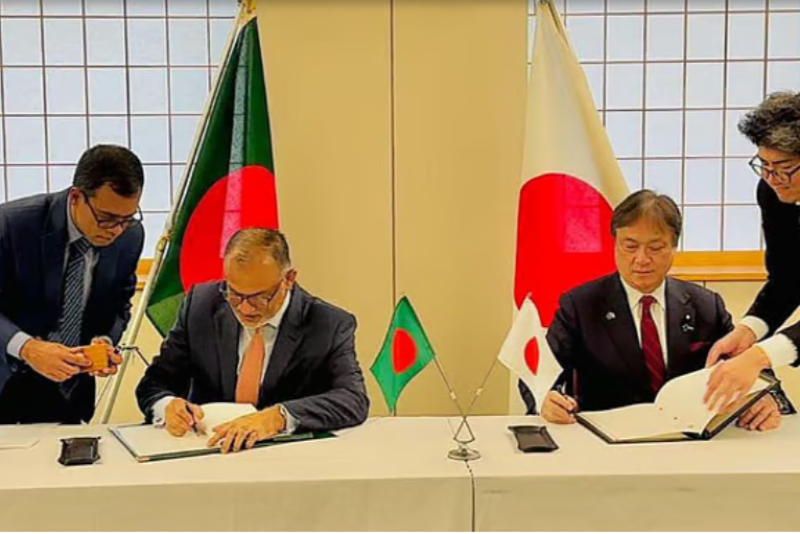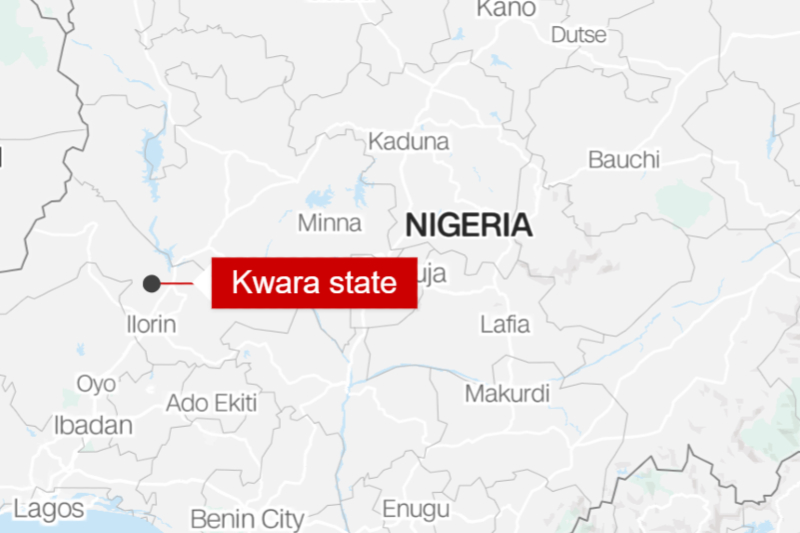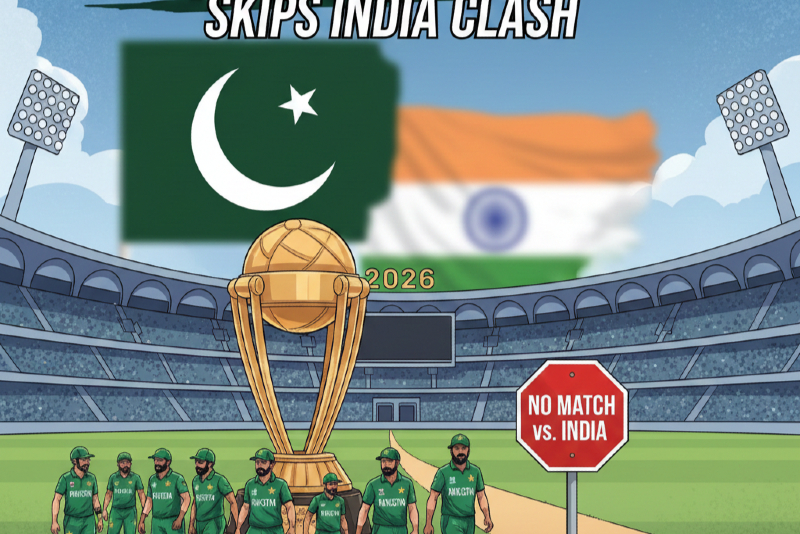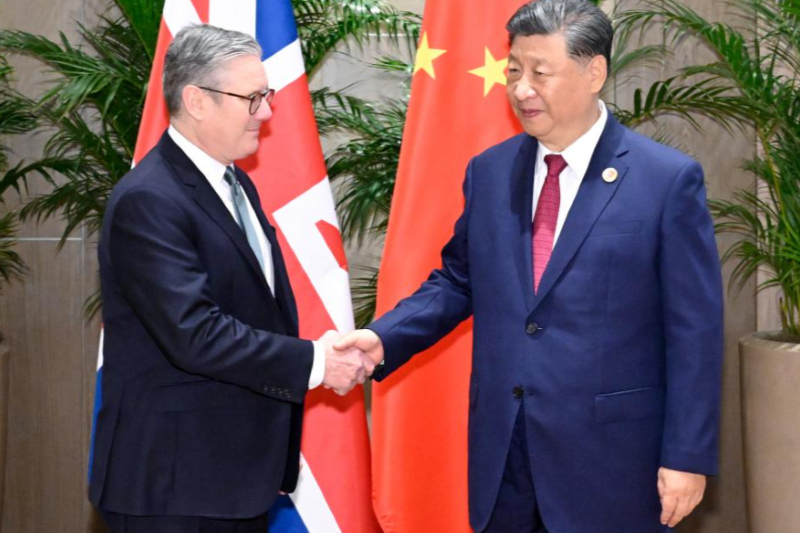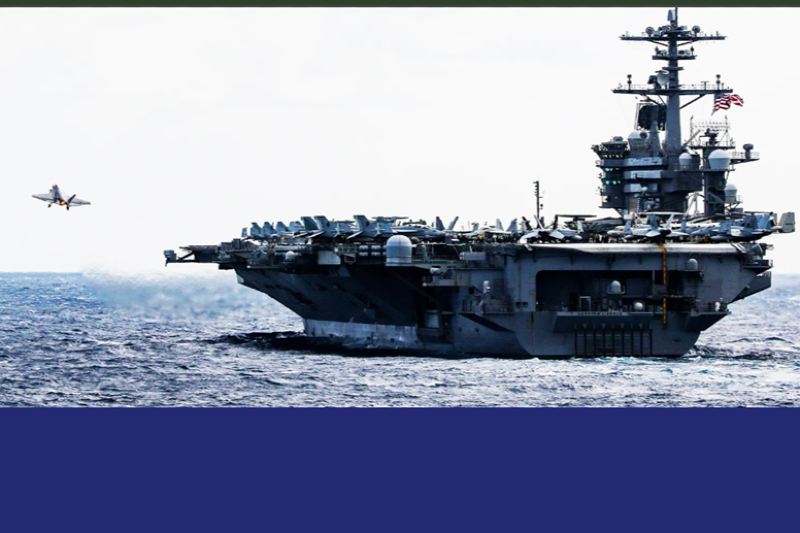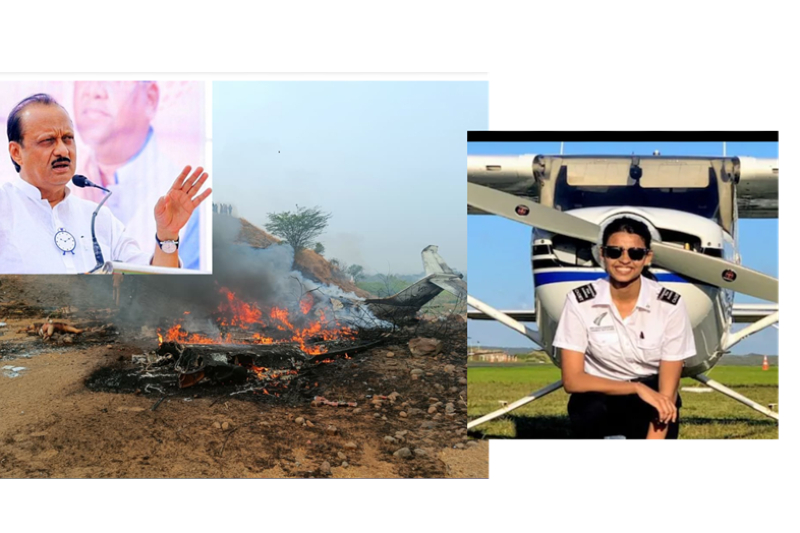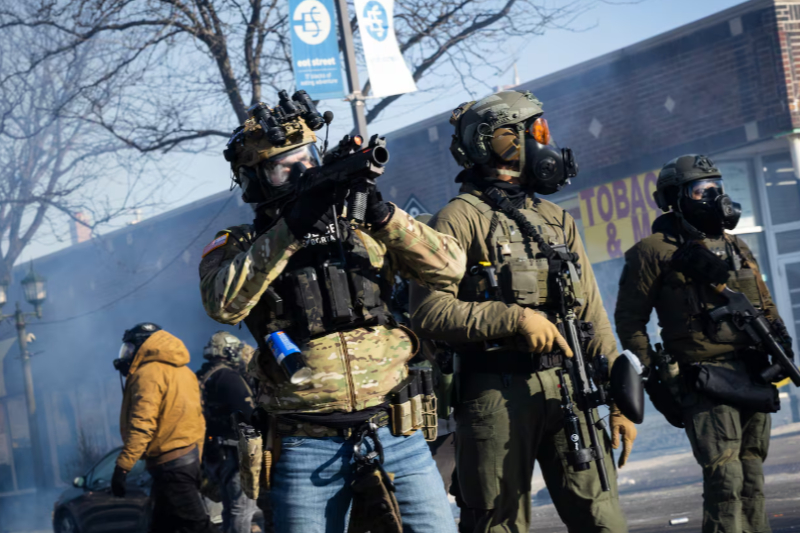Israel claims to have captured Tehran sky as escalation with Iran deepens

The violent conflict between Israel and Iran has entered its fourth day, with both nations intensifying their military operations.
Israel has declared that it now holds "full aerial operational control" over Tehran, the capital of Iran. This claim comes amid a new wave of overnight airstrikes, further escalating one of the most dangerous flare-ups the region has seen in years.
Israeli defense forces say their air force executed multiple targeted strikes overnight on Iranian territory.
Iranian state media also reported additional attacks in the western provinces on Monday, but official details remain scarce due to heavy government restrictions on independent reporting.
Israel's Air Superiority Confirmed, but Not Absolute
Defense analysts, including the BBC's Jonathan Beale, suggest that Israel’s claim of aerial control over Tehran appears credible.
However, analysts caution that while air dominance is strategically significant, it does not equate to total military control.
Air superiority can help reduce threats from the skies but does not eliminate the dangers posed by missile launches, ground forces, and asymmetric warfare.
The ongoing conflict has deeply shaken Israeli public confidence in the country's defense systems. Despite its sophisticated Iron Dome missile defense technology, several Iranian missiles have managed to bypass the system and strike targets within Israel. The latest attacks have raised the death toll in Israel to 24 since the hostilities began on Friday.
Mounting Civilian Casualties and Destruction
Iran’s Health Ministry reports that at least 224 people have been killed due to Israeli airstrikes since the outbreak of violence. Tehran has witnessed chaotic scenes as residents attempt to flee the capital amid fears of further bombardments.
Iran’s foreign ministry alleged that an Israeli strike targeted Farabi Hospital in Kermanshah, calling it a grave violation of international law and a potential war crime.
Meanwhile, in Israel, missile strikes have targeted residential buildings and infrastructure, including an oil refinery and segments of the national power grid.
Political Ramifications and Global Response
As the conflict intensifies, global powers are being drawn into the crisis. According to U.S. officials speaking to CNN, President Donald Trump rejected a proposed Israeli plan to assassinate Iran's Supreme Leader, Ayatollah Ali Khamenei. Israeli Prime Minister Benjamin Netanyahu has denied the existence of such a plan.
White House sources suggest that Israel’s operation against Iran is expected to extend over several weeks and has been proceeding with informal support from the United States. Trump acknowledged that the possibility of American involvement in the conflict remains open.
Yair Lapid, the head of Israel's opposition Yesh Atid party, has publicly called for U.S. military support in the operation, particularly in targeting fortified Iranian sites such as the Fordow nuclear enrichment facility.
Speaking from Tel Aviv, Lapid stressed, “This is a global threat, not just an Israeli one. We believe President Trump will make the right decision.”
He emphasized that Israel's military efforts will not cease until Iran is no longer perceived as a nuclear threat.
Kremlin Reaction: Warning Against Escalation
Russia has also weighed in on the crisis. Kremlin spokesperson Dmitry Peskov responded to a recent statement from Prime Minister Netanyahu suggesting that the Israeli offensive could lead to a regime change in Iran.
Peskov expressed concern, condemning actions that have “triggered such a dangerous escalation in the Middle East.”
Russia has observed what it describes as a strong sense of national unity within Iran in response to the Israeli bombardments.
Moscow continues to urge restraint and a de-escalation of hostilities from the both sides.
A Prolonged Conflict Ahead?
As the death toll rises and strikes continue on both fronts, the situation shows little sign of abating. With growing international concern and shifting alliances, the potential for broader regional conflict looms.
Various analysts warn that without diplomatic intervention, the Israel-Iran war could draw in other global players and have far-reaching consequences for regional stability.

